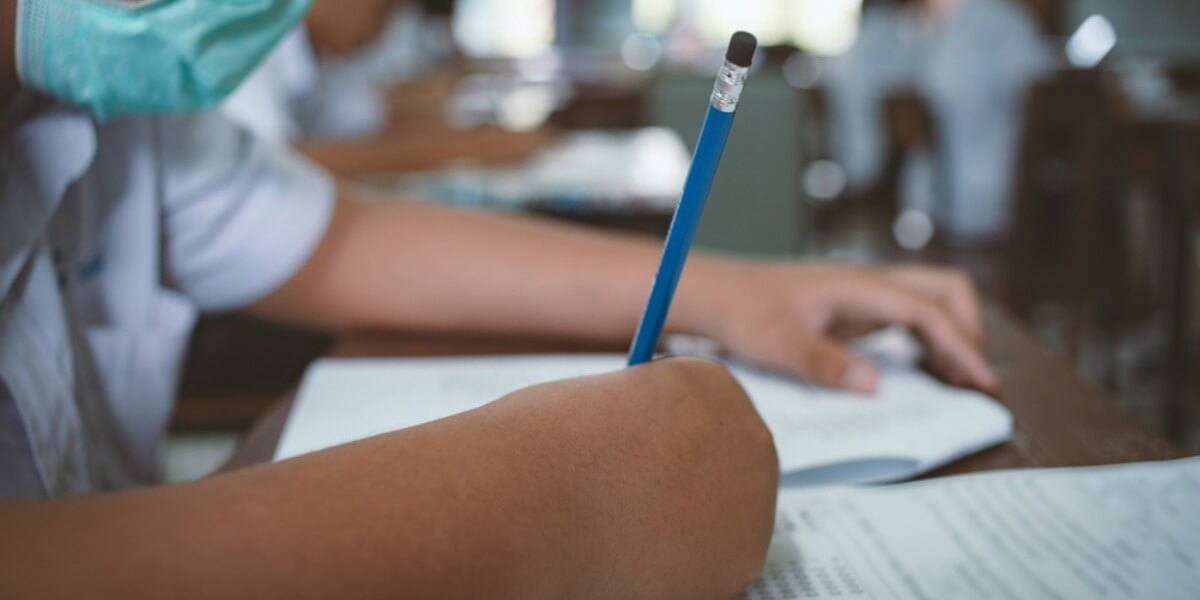Funding the digital divide: Schools get COVID-19 lifeline from Nigeria’s first education microfinance bank
Nigeria is more than 50% Muslim and is part of the Organisation of Islamic Cooperation (OIC). Its economy is projected to contract by 4.3% this year due to the COVID-19 pandemic, according to the IMF’s October outlook, down from the 1.1% growth it expected in June. The pandemic has exposed many divides in Nigeria, one of which is children in rural and underserved communities being left behind as they are not equipped to adapt or transition to digital learning.
They’re getting a lifeline from Nigeria’s first specialised education bank that has teamed up with the Lagos State Employment Trust Fund (LSETF) to provide loans to over 2,000 private schools, vocational training centres, and individuals.
The 5 billion naira ($13 million) intervention fund is part of the Lagos State government’s initiative to help schools through the pandemic. Depending on capacity, schools will have the opportunity to access up to $13,000 over 30 months at a 9% interest rate per annum from EdFin Microfinance Bank.
Founded two years ago, EdFin is shareholder-funded with a capital of 1.1 billion nairas ($2.8 million) provided by impact-investing foundation Gray Matters Capital, Bunmi Lawson, and Adetayo John Fisher. It started operations in May 2019.
“In the first year of our operation, before the COVID lockdown on schools, we had provided loans and other financial services to over 500 schools reaching over 70,000 pupils in Lagos State,” Bunmi Lawson, EdFin Microfinance Bank’s co-founder and managing director, told Salaam Gateway.
“Our services have enabled the schools to expand, provide digital technology for learning, and generally improve learning outcomes.”
Lagos State in the southwest is Nigeria’s most populous region, and it is very young — 44% of its residents are between 0 to 14, according to the World Bank.
EdFin aims to lift teaching standards and quality by providing much-needed financial resources and services to the education sector.
“Over 80% of our clients are affordable private schools that serve low-income households in Lagos State. These primary and secondary schools serve almost 67% of the state’s pupils,” Lawson explained.
Primary education is officially free and compulsory but private schools are educating most students, making Nigeria one of the largest private school markets globally, according to a 2015 World Bank report.
Sustained population growth, high density and a severe undersupply of public education services have led to a substantial increase in private schools, the report says.
However, many private schools operate unregistered as government criteria make it difficult for small providers to meet the necessary measures.
“Without these schools, most of the children and youth would not have access to education as the public schools are struggling to accommodate additional pupils,” said Lawson.
Still, all learning opportunities count as one in every five of the world’s out-of-school children lives in Nigeria. According to UNICEF, about 10.5 million Nigerian kids don’t attend school.
Lawson, a board member of the Lagos Angel Network, CRC Credit Bureau Limited, and financial sector development organisation EFInA, calls for an overhaul of the Nigerian educational curriculum to champion innovation.
"It [the curriculum] needs to include STEM, digital technology, and computing at a far earlier stage, including coding," she said.
(Reporting by Petra Loho; Editing by Emmy Abdul Alim emmy.abdulalim@salaamgateway.com)
© SalaamGateway.com 2020 All Rights Reserved
